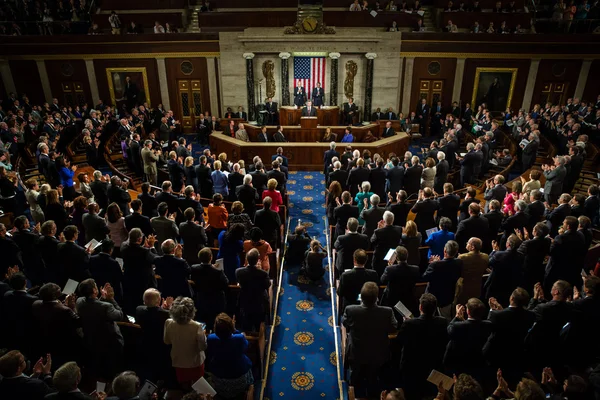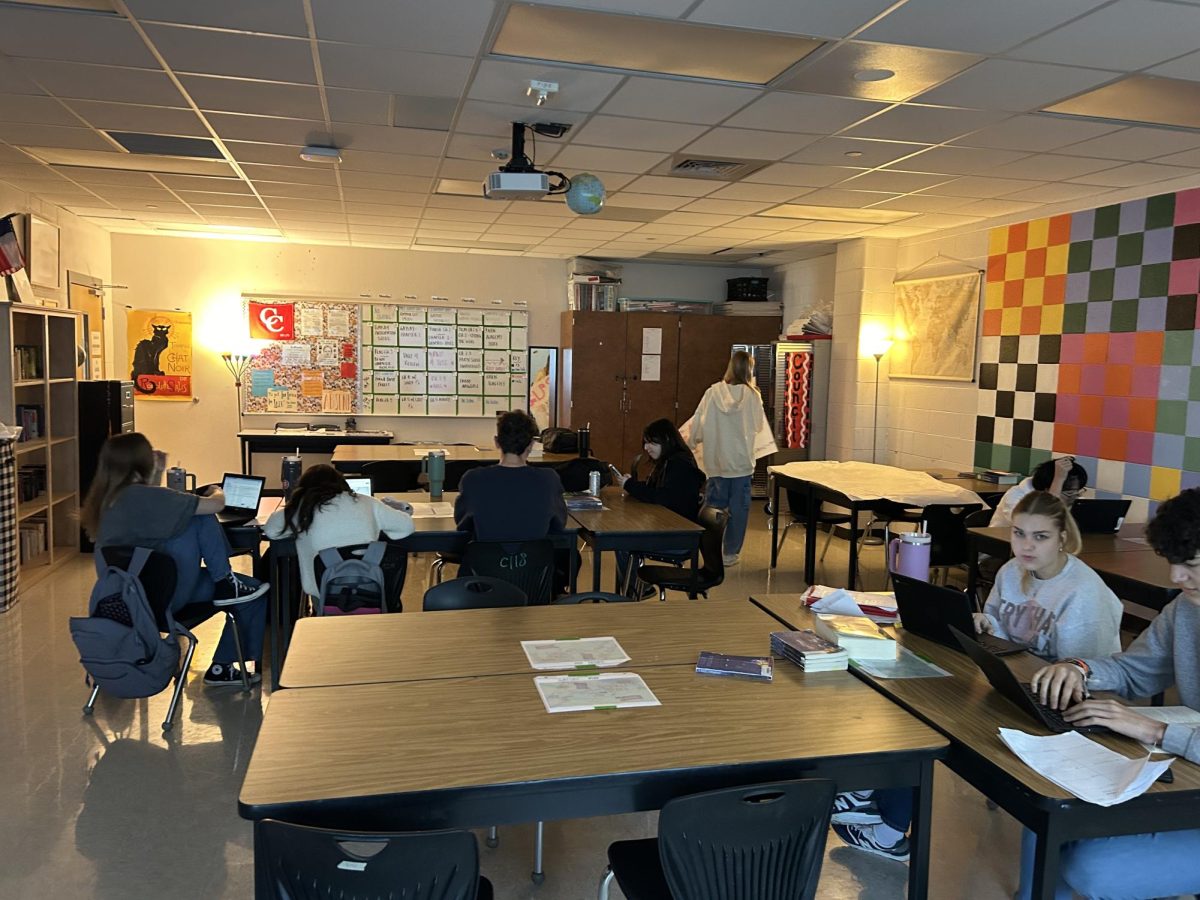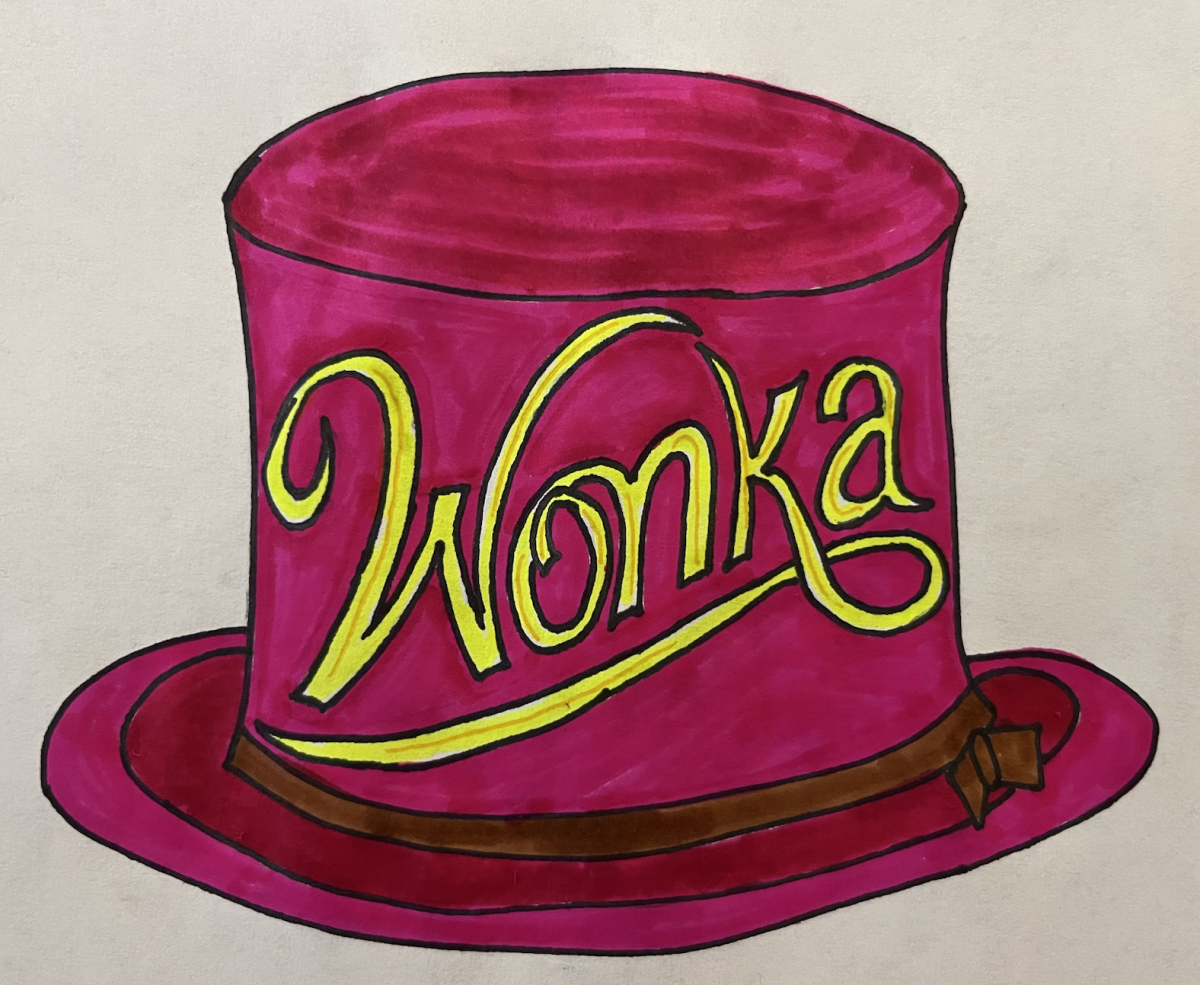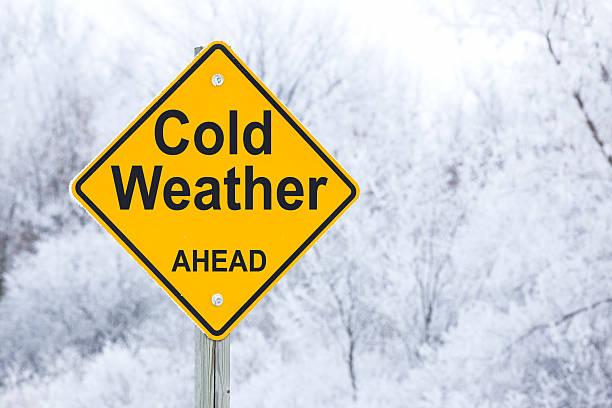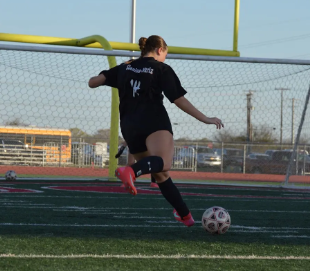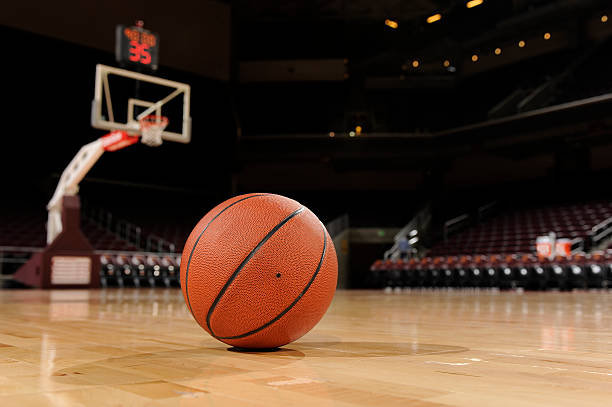Let’s face it, high school is not the same as it was 20 years ago. When our parents share their high school experience, we hear about fond nostalgic memories. The same cannot be said for us. Our days are filled with rigorous courses and intense extracurriculars.
We are often told that high school is the time to lay the groundwork for our future. With college applications looming, standardized tests to prepare for, and a pressure-cooker environment filled with expectations, it’s no wonder that academic anxiety is reaching epidemic levels. As for students who pursue trade school or enter the workforce, they are facing an extrodinary amount of pressure to outline their future.
According to the National Institute of Mental Health, approximately 31.9 percent of adolescents aged 13-18 experience anxiety disorders. Among these, academic anxiety has emerged as a significant contributor to mental health struggles. A 2022 survey by the American Psychological Association found that 61 percent of high school students report feeling overwhelmed by their academic responsibilities. This statistic isn’t just a number; it represents students who are losing sleep, battling stress, and grappling with feelings of inadequacy.
Senior Callie Henderson describes her day as follows: “A typical day in high school for me is getting to the school around 8:15 to work on Calculus homework before school. My schedule for the day starts off with AP Environmental Science, followed by my second period Ag Leadership class where I focus mainly on my FFA events and contests. I then go to Calculus BC for third period, DC English 4th followed by C lunch, and lastly AP Government. After this class I utilize my off blocks to workout on the track for about 45 minutes.”
One major factor driving academic anxiety is the relentless pursuit of perfection. With college admissions becoming increasingly competitive, students are led to believe that they must excel in every aspect of their lives—grades, extracurriculars, and volunteer work. The pressure to achieve a perfect GPA has become a badge of honor, with many students believing that anything less could jeopardize their futures.
“The main source of stress in my life right now is balancing both academic and extracurricular activities. I feel motivated by the academic expectations on me as I know that if I work hard enough I can meet those expectations and exceed them. I do feel pressured to achieve specific grades as I hold myself to a regard to set my future self up for success,” senior Callie Henderson said.
The impact of this anxiety is profound. A report by the National Alliance on Mental Illness indicates that 63 percent of students with high academic anxiety experience physical symptoms such as headaches and stomachaches. Furthermore, nearly 30 percent of students say that their academic anxiety has led to a decline in their academic performance, creating a vicious cycle where stress begets poor results, further fueling anxiety.
“My junior year was extremely draining. My obsession with achieving a high GPA led to it becoming regular for me to stay up till 2 or 3 a.m. studying. Often I would fall asleep in class because of how exhausted I was,” senior Zoey Fuschich said.
In conclusion, academic anxiety is a pervasive issue that demands our attention. We must acknowledge the pressures our students face and advocate for changes that support their mental well-being. It’s time to redefine success and create an environment where students can thrive without sacrificing their health. Let’s put an end to the silent epidemic of academic anxiety and pave the way for a healthier, more balanced approach to education.

